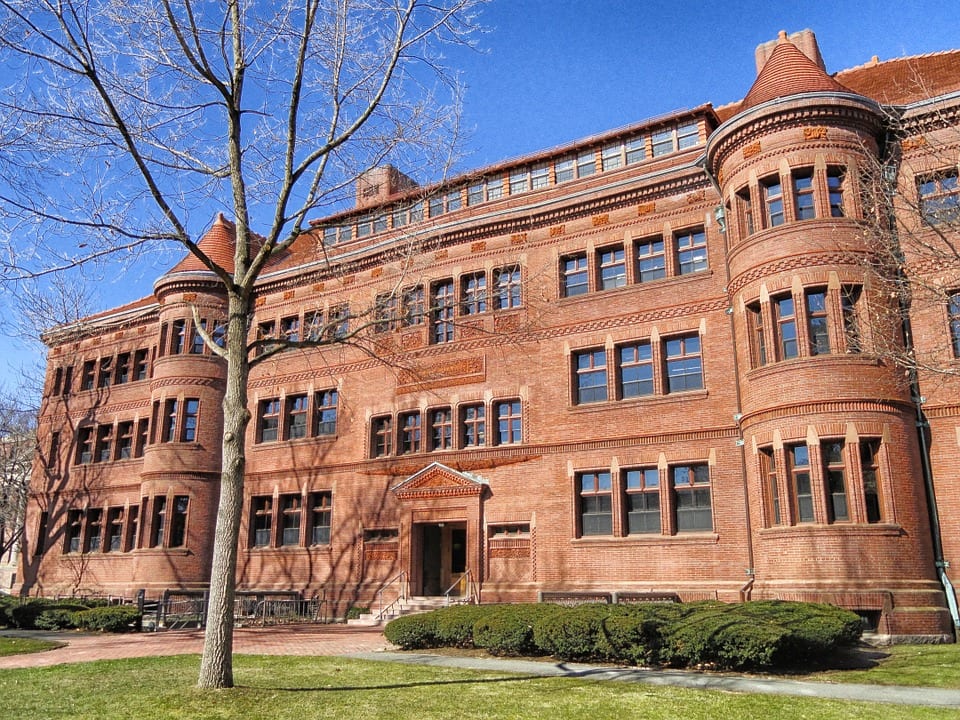
An Expat Student Guide to US Visas
The USA presents some incredible opportunities for foreign students. The country presents some of the highest figures for international students, many drawn by the prospect of attending an Ivy League institution and American student culture.
Whatever your reason for choosing to study in the US, getting to grips with the visa application process is key to ensuring a smooth transition abroad.
Is your school approved?
Long before considering visas and flights, you will need to ensure that the school you are applying for is on the SEVP (student and exchange visitor programme) approved list of the US Citizenship and Immigration Services (USCIS). Whilst the majority of US institutions are on the approved list it is always best to check.
Types of US student visas
In general, you will be applying for one of the following US student visas:
The F1 visa is for academic studies. People who have been accepted onto a programme of study or research at an approved college or university will apply for this visa.
The M1 visa is for students who have been accepted onto a programme of study or training at a non-academic or vocational studies institute.
The J visa is for students who have been accepted as a student on an exchange programme.
When to apply for a visa
If you have been accepted by a SEVP-approved institution as a full-time student and received the approval document (I-20 form) from your college or university you can apply for your US student visa.
You will need to apply for your student visa in your home country at a USA Embassy or Consulate. You should apply for your visa as early as possible to allow for ample time for processing and any special requirements. The Embassy is allowed to issue a student visa 120 days or less before your study registration date.
You will be able to fly into the USA 30 days or less before your course starts.
The student visa interview
When you visit the US Embassy in your country you will have to have an interview. You will need to have the following documents:
- Your valid passport
- I-20 form from your college or university
- SEVIS fee receipt
- MTV payment receipt
- A printed copy of your visa interview appointment letter
- 1-2 passport photos
- Certificates of study or test score sheets
- Proof of finances to cover tuition, travel and living expenses
The visa interview is to determine whether you are eligible for a US student visa and which category would be best for you. You will be asked a multitude of questions about your academic background, home country and English language skills. You may be asked about your studies and your plans once your course has finished.
If you are successful you will receive your visa in the post. Usually, you will have a tracking code to ensure it gets to you safely.
If you’re studying abroad in the US, don’t forget to get international student health insurance before you go to ensure you’re protected for the period that you’re studying abroad.
Studying elsewhere? Check out our other student visa guides below:
